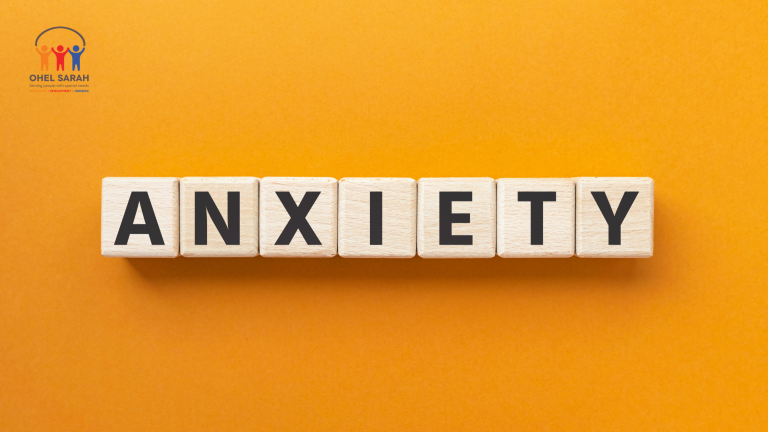

Dealing with social anxiety in children with special needs
Many people experience anxiety from time to time. If you’ve ever experienced some of the following: a sudden fast heartbeat, sweaty palms, labored breathing, nausea, and a tightening feeling in your chest, you were probably experiencing anxiety or a panic attack.
Social anxiety is a form of anxiety surrounding all social interactions. People with social anxiety experience the symptoms of anxiety or panic when in a social setting, such as a wedding, a party, or on the playground at school.
Statistics show that a large percentage of children and adults with special needs are diagnosed with anxiety. Anxiety can affect the whole family as people with special needs may experience difficulties during everyday social interactions and at functions and events. Children may refuse to go to school or join the family on a trip. If you have a child with special needs who has anxiety, read on to discover what you can do to help them and the whole family.
- Routine- An unexpected change in routine can cause anxiety to spike. Try to create a stable routine for your child while minimizing sudden changes. Of course, as a parent, it’s impossible to ensure your child’s life is always predictable, but having a daily routine can help your child feel calmer on a day-to-day basis.
- Preparation- In the event of an anticipated change in schedule, for example, if you’re traveling, will be having a baby, or attending a wedding, prepare your child in advance. The best way to stage the event is with puppets, dolls, or play figurines. This explains in a visual way what the child can expect, giving them tools to manage the situation better.
- Sensory tools- Children with special needs often struggle with sensory issues, which exacerbates social anxiety. Identify sensory issues your child may struggle with and offer tools like a weighted blanket, sensory sand, and fidget toys.
- CBT (Cognitive Behavioral Therapy)- CBT is a form of therapy that helps people identify their triggers and change their thought patterns to produce a different outcome in their actions. You can help your child identify situations that trigger social anxiety, and with the help of a therapist, gradually expose your child to those situations while providing supportive emotional assistance.
Young adults with high-functioning disabilities may want to integrate into society and work. However, because the workplace is a place of many social interactions, social anxiety may be a barrier that prevents them from holding down a job. Download our e-book to learn more about how you can help your child with special needs find and hold down a productive job.
Ohel Sarah is an organization based in Israel that supports special needs children and adults from six until the end of their lives. They have schools, group homes, and employment programs for higher- and lower-functioning young adults. Ohel Sarah provides work training and helps higher-functioning adults integrate into the workforce. Additionally, lower-functioning adults are employed in their own centers, engage in meaningful activities, have an active social life, and receive other therapies and programs simultaneously.
